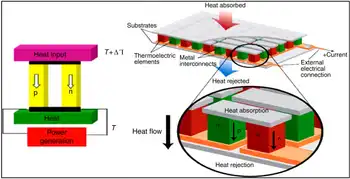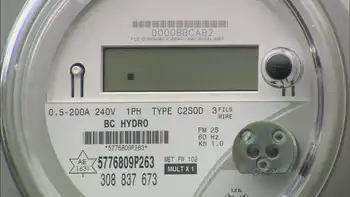Know how to plug in your EV
TAMPA BAY, FLORIDA - With gas prices rising and instability in the Middle East, the thought of an electric car in the garage might be getting more appealing.
Before you jump for the new technology, though, make sure your garage is ready to be a refueling station.
Depending on which car you buy and how old your home is, it could cost a couple thousand dollars to prep the garage so you can charge a car quickly enough to take off for work in the morning with a full battery.
Then again, it could cost nothing at all.
Start with the age of the home. Older houses may not have enough juice to handle an electric car. So the garage may have to be rewired. According to experts, you need at least a 12-amp circuit to charge a car in a reasonable amount of time. You also need a circuit in the garage with little or nothing else on it. Anything else drawing power from the same circuit can slow the charging.
Even if you have a dedicated circuit in the garage, it still may not work for you. Most garages have standard 120-volt outlets. But a dedicated 240-volt outlet, similar to the kind that powers an electric dryer, can cut the charging time in half. That's important depending on the electric car you buy.
Two mass-market electric cars, the Chevrolet Volt and the Nissan Leaf, have different power systems and different charging needs. They will be available in the Tampa Bay market later this year. The Leaf is all-electric and can go up to 100 miles on a single charge. But it needs more juice than the Volt to refill the batteries. It takes eight hours to recharge a Leaf even with a 240-volt circuit, double that at 120 volts.
The Volt can only go about 40 miles on battery power, but it has a small gas motor on board that can keep the car going when the battery runs out. With its smaller battery pack, it can be recharged in 10 hours even on 120 volts, five hours or less at 240.
GM estimates that recharging the Volt will add no more than about $1.50 per day to your electric bill, based on the national average electricity cost of 11 cents per kilowatt hour.
AeroVironment, the company that makes charging stations for Nissan, recommends outfitting your garage with a special 240-volt station. The basic station begins charging when you plug the car in a smart station can start charging later in the evening when the load on the power company grid is lower.
Either way, you'll need an electrician who knows about car charging to figure out your needs and hook the 240-volt station to a dedicated 40-amp circuit, said Kristen Helsel, vice president of electric vehicle solutions for AeroVironment.
"This is no different than installing an appliance or something else," she said.
Charging stations also are available from other manufacturers. Helsel said it will cost about $2,000 to buy the dock and standard installation services by an electrician when done through AeroVironment and a Nissan dealership.
The Volt, however, may not need anything if you have a dedicated circuit in your garage.
"If I were a consumer, I would always try 120 first, and if you're not satisfied, then you can consider the 240-volt upgrade," said Britta Gross, GM's director of electrical infrastructure.
The Volt has a setting that lets the owner pick the time by which the car has to be recharged fully, and the car can wait to start charging. The Leaf has a timer so the owner can set on and off times for charging based on the day of the week.
The Volt charger from GM costs $495, and about $1,500 to install, although it could be more depending on how much work is needed at the house, Gross said.
Related News

Germany agrees 200 bln euro package to shield against surging energy prices
BERLIN - German Chancellor Olaf Scholz set out a 200 billion euro ($194 billion) "defensive shield", including a gas price brake and a cut in sales tax for the fuel, to protect companies and households from the impact of soaring energy prices.
Europe's biggest economy is trying to cope with surging gas and electricity costs caused largely by a collapse in Russian gas supplies to Europe, which Moscow has blamed on Western sanctions following its invasion of Ukraine in February.
3 minute readSeptember 29, 202211:35 AM PDTLast Updated 6 days ago
Germany agrees 200 bln euro package to shield against surging energy…




